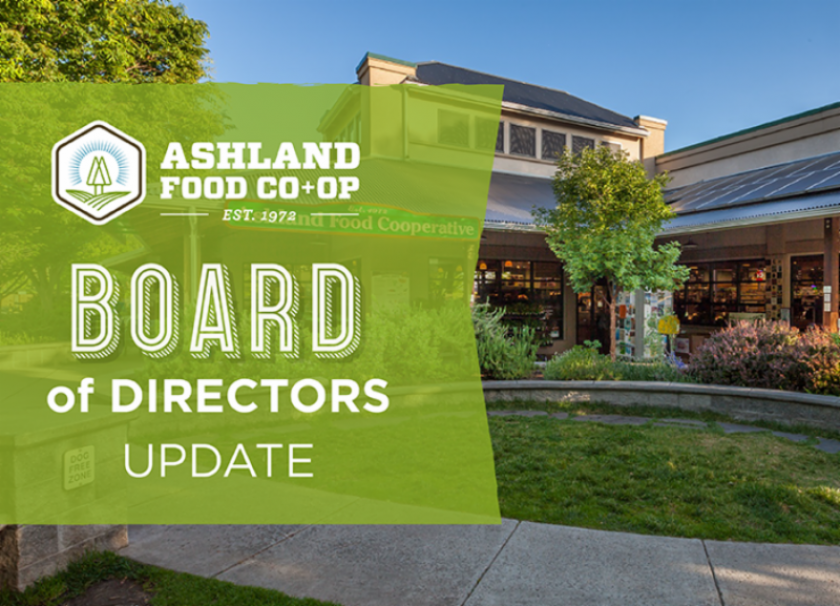
From the Board: Co-ops Look in the Mirror
By Annie Hoy, Board Secretary and Chair of Owner Engagement Committee
Food Co-ops around the nation proudly display signage saying EVERYONE WELCOME. Or they use the slogan, “Anyone can shop. Anyone can join.” But are food co-ops, and other cooperative businesses, walking the walk?
The double calamity of a pandemic and civil unrest has helped cooperatives in every economic sector see inequities more clearly. They have become a central focus of entire conferences, both internationally and in the food co-op sector specifically. Diversity, Equity and Inclusion in relation to the co-op movement is under review and committees have formed in credit unions, housing co-ops, worker co-ops, platform co-ops and of course, food co-ops. It can be uncomfortable work. But getting to liberation is uncomfortable, as many of our brothers and sisters of color have known for centuries.
The co-op movement’s statement of purpose says that co-ops are jointly owned by the people who use their services. There are universal people-centered principles like concern for community, autonomy and independence. Co-ops are democratically controlled, and guided by values like democracy, equality, equity and solidarity, as well as self-help and self-responsibility. But if you graded co-ops on diversity, equity and inclusion, you might find that the movement has an uncomfortable problem.
Jessica Gordon Nembhard, in her keynote address at October’s international Co-op IMPACT conference, began her speech with a mythbusting question: Co-ops can’t be racist, right? She then noted the small number of black, brown and indigenous bodies in the room. She described how co-op development materials never mention the rich history of black or indigenous co-ops across time. She challenged us to recognize the ways we might perpetuate institutional racism, or what we do if we see racist microagressions and exclusion in our co-ops. She urged co-op leaders to rely on Principle 6, Cooperation among Cooperatives, to create a solidarity economy that practices social justice, no matter what sector of the co-op economy you represent.
In the food co-op sector, and at Ashland Food Co-op, we are engaging in conversations about what community means and who is part of that community. Is everybody really welcome? And if not, how can we address that?
More Co-op News

June 2023 Change for Good Partner: Southern Oregon Land Conservancy
The Ashland Food Co-op is teaming up with the Southern Oregon Land Conservancy (SOLC) as its Change for Good partner for this month. This collaboration aims to support SOLC's mission of conserving Southern Oregon's natural landscapes and habitats.

Bicycle Benefits
Here at the Co-op we are on a mission to promote healthy lifestyles and sustainable practices within our community.
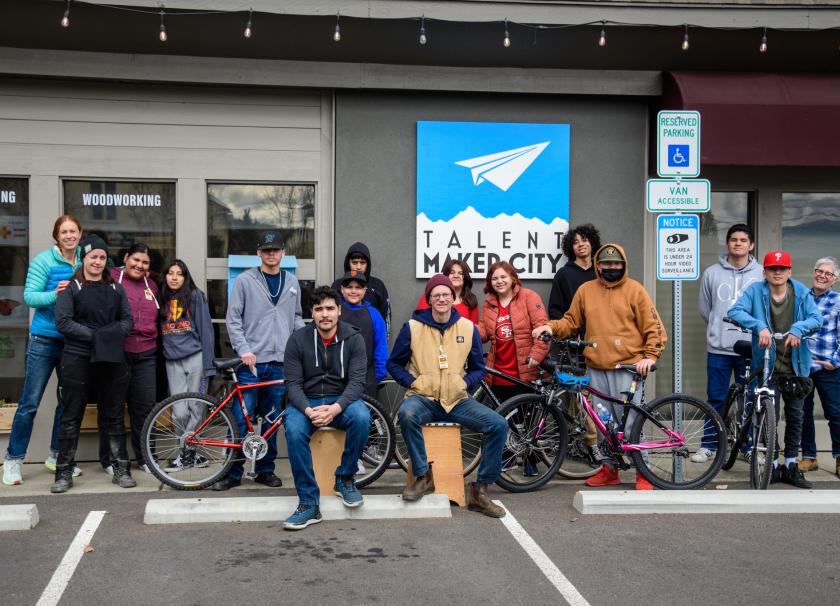
May 2023 Change for Good Partner: Talent Maker City
Talent Maker City's mission is to build a more connected, prosperous, and resilient community through hands-on creativity and innovative STEAM-based learning. (STEAM = Science, Technology, Engineering, Art, & Math.) They have a bustling Makerspace facility, brimming with creative energy in downtown Talent offering hands-on STEAM-based workshops and programming for curious minds of all ages!

Celebrating Cinco de Mayo
We're always learning and growing here at the Co-op and with the approach of Cinco de Mayo we thought we would share a (very) brief history lesson and some thoughts on celebrating this holiday here in the United States.
April 2023 Change for Good Partner: Pollinator Project Rogue Valley
From Kristina Lefever, Pollinator Project Rogue Valley President
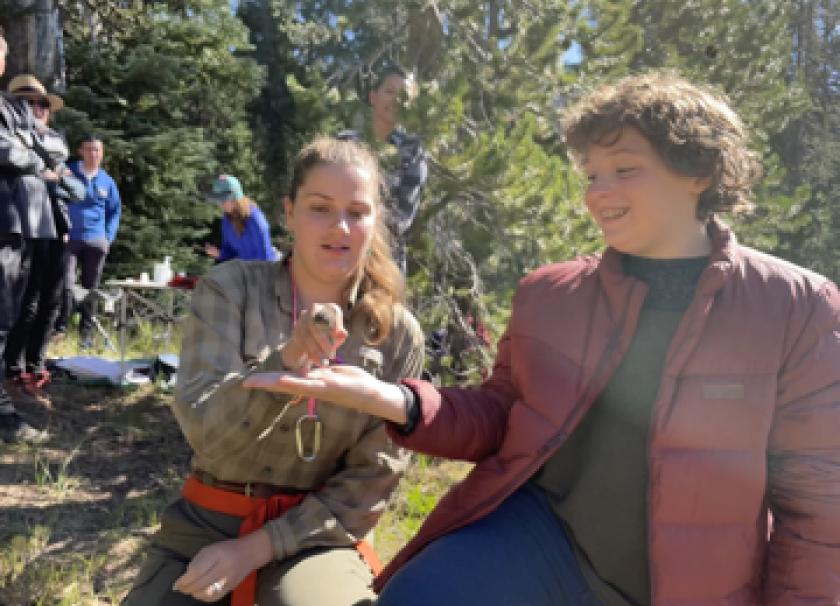
March 2023 Change for Good: Klamath Bird Observatory
From Klamath Bird Observatory, March 2023's Change for Good partner:
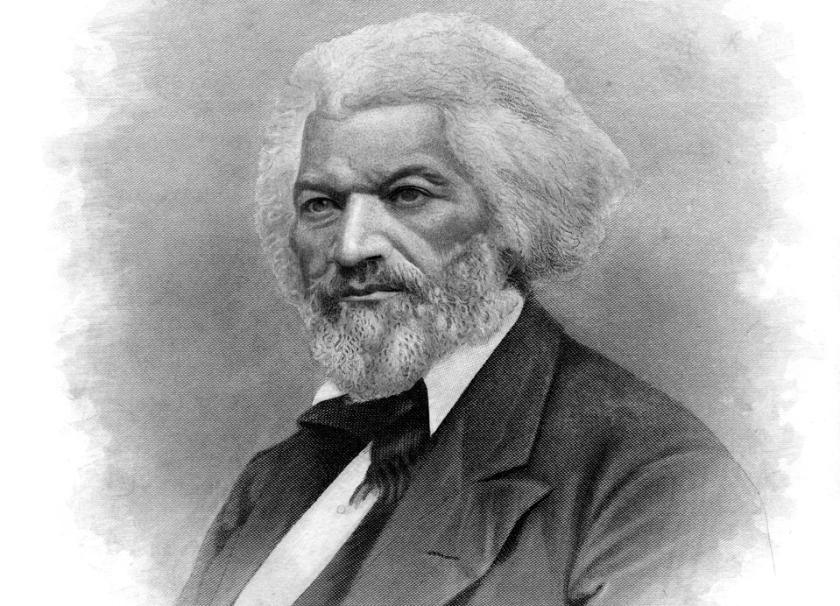
Frederick Douglass And Co-ops in 1846
When Douglass Came to Rochdale, England a Slave and Left a Free Man
By David J Thompson

February's Change for Good partner: OHRA

OHRA helps low-income people build better lives through access to social service resources. By helping
people move from crisis to stability, OHRA builds more capable individuals, stronger families, and a
better community. We have three core programs:
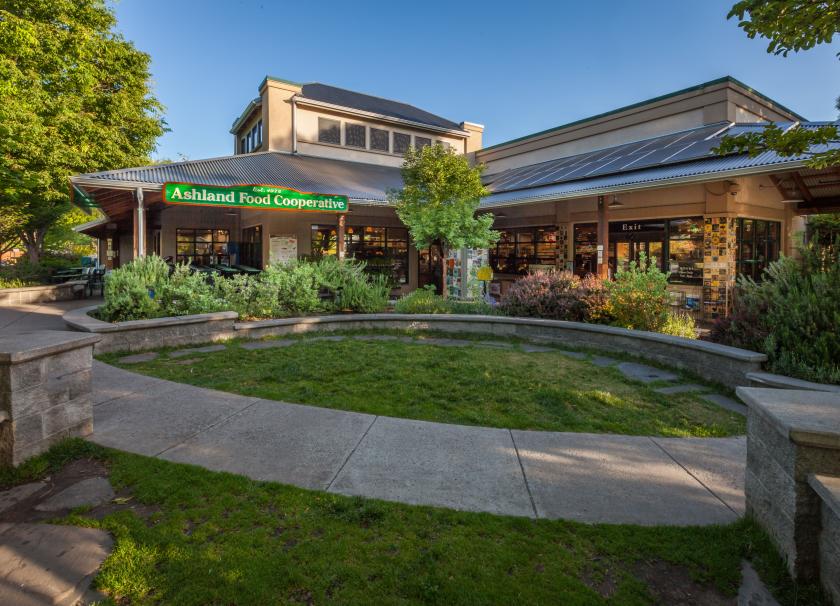
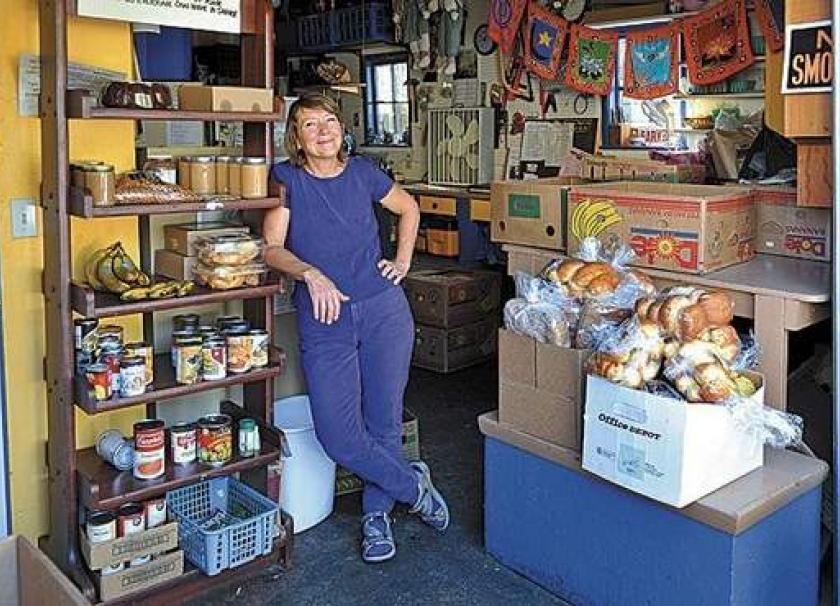
January Change for Good Partner: Ashland Food Angels

December Change for Good Partner: Rogue Action Center
December's Change for Good Partner is
Rogue Action Center
%20(1).png)
The Rogue Action Center (RAC) builds organizing infrastructure, leaders, and community power for a just, inclusive, and sustainable Southern Oregon for everyone.
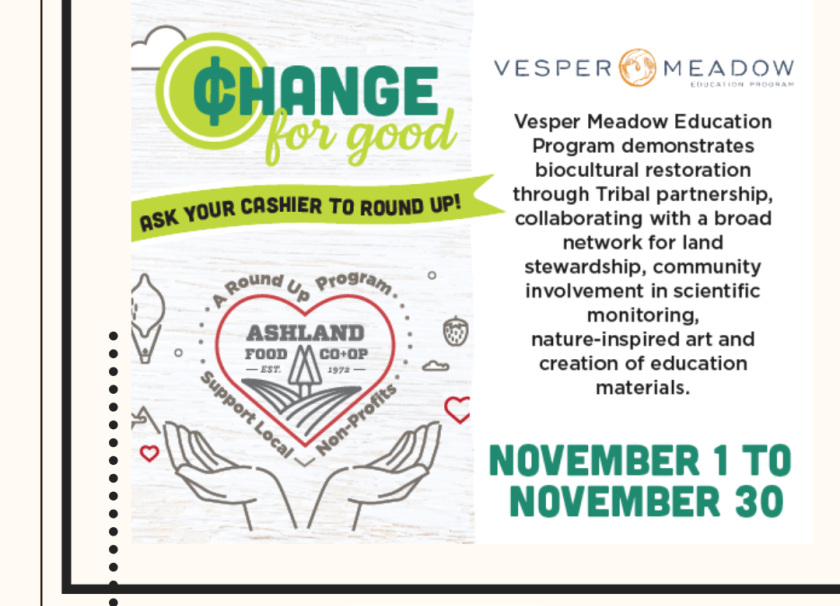
November Change for Good Partner: Vesper Meadow Education Program
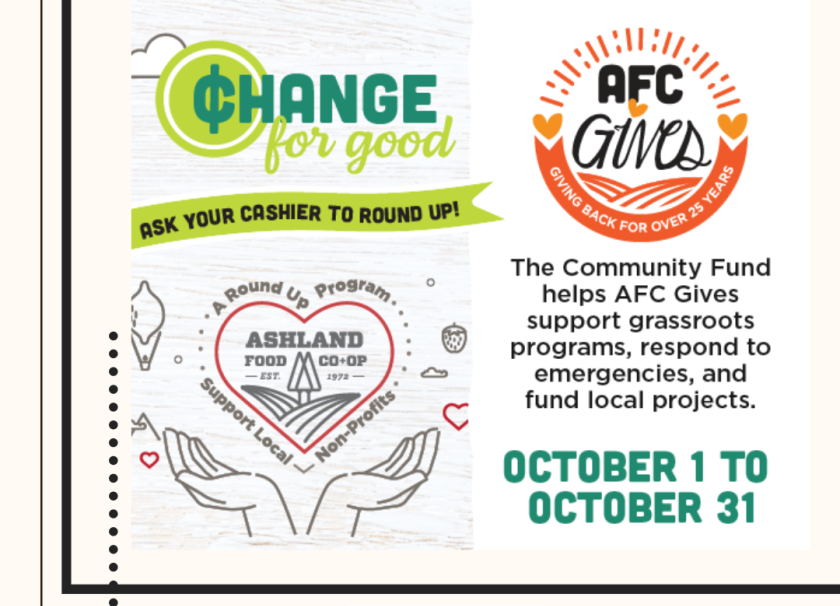
October Change for Good Partner: AFC Gives Community Fund
October's Change for Good Partner is
AFC Gives Community Fund


September Change for Good Partner: Truth to Power
September's Change for Good Partner is
Truth to Power
.png)
Truth to Power cultivates teen activism and community participation through social justice podcasts and transformative projects.



.png)
